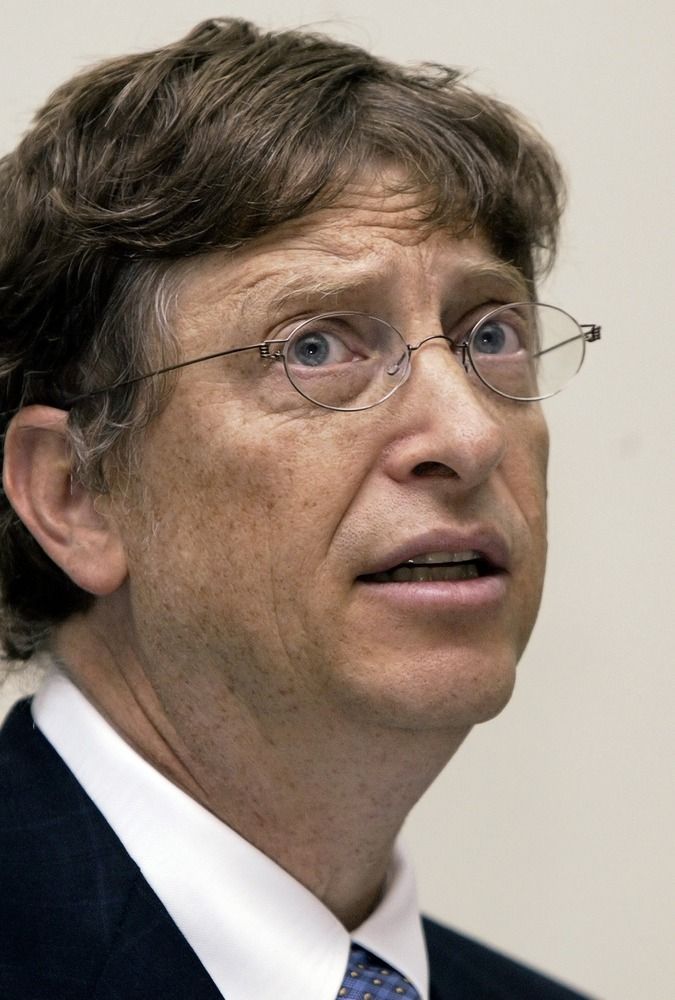What is Bill Gates doing about climate change?
By Elisabeth Eaves | February 13, 2018

Together with his wife, Bill Gates has given away some $27 billion, much of it to global health causes through their Bill and Melinda Gates Foundation. That’s around the gross domestic product of Latvia.
When you reach that kind of size and influence, it turns out, everyone is your constituent, challenging the way you go about your business. (Or asking for money: Last year, writing in the Bulletin, two biodefense experts called on Bill Gates to save the Biological Weapons Convention with a cash infusion.) The couple writes an annual letter to sum up their philanthropic thinking, and this year’s, published on Tuesday, is framed as “The 10 Toughest Questions We Get.” They range from “why don’t you give more in the United States?” to “are you imposing your values on other cultures?”
One of the tough questions they say they get is, “why don’t you give money to fight climate change?”
“We do!” Bill says. As he and Melinda explain, they tackle it in two ways. To address climate-change adaptation, they pursue a traditional philanthropic approach. Melinda writes, “the world needs to adapt to what’s happening now and what we know is coming. That’s why our foundation’s work, especially in global agriculture, is increasingly focused on climate issues.”
She goes on to point out: “Hundreds of millions of people in developing countries depend on farming for their livelihoods. They had almost nothing to do with causing climate change, but they will suffer the most from it. When extreme weather ruins their harvest, they won’t have food to eat that year.”
One solution the Gates Foundation is pursuing is developing varieties of “climate-smart crops” that are less susceptible to extreme weather and resistant to drought, flood, and disease.
For strategies to limit carbon emissions, though, the Gateses don’t go through the foundation but instead invest their own money in technologies being developed by the private sector. Why this approach?
“In philanthropy,” Bill writes, “you look for problems that can’t be fixed by the market or governments. The clean-energy problem can be fixed by both—as long as governments fund basic research and create incentives to reduce greenhouse gas emissions and investors are patient while companies turn that research into marketable products.”
Those are some pretty important conditions, and with a US administration intent on cutting research budgets and rolling back environmental regulations, the government piece currently looks insufficient. Proponents of renewable and nuclear energy have pointed out for years that for non-fossil-fuel energy sources to really find market success, a carbon tax will be required. No US state has yet passed one.
Which is why adaptation is required too. “Even breakthrough technology can’t stop the weather from changing,” Melinda says.
Publication Name: Gates Notes
To read what we're reading, click here
Together, we make the world safer.
The Bulletin elevates expert voices above the noise. But as an independent nonprofit organization, our operations depend on the support of readers like you. Help us continue to deliver quality journalism that holds leaders accountable. Your support of our work at any level is important. In return, we promise our coverage will be understandable, influential, vigilant, solution-oriented, and fair-minded. Together we can make a difference.
Topics: Climate Change, What We’re Reading















